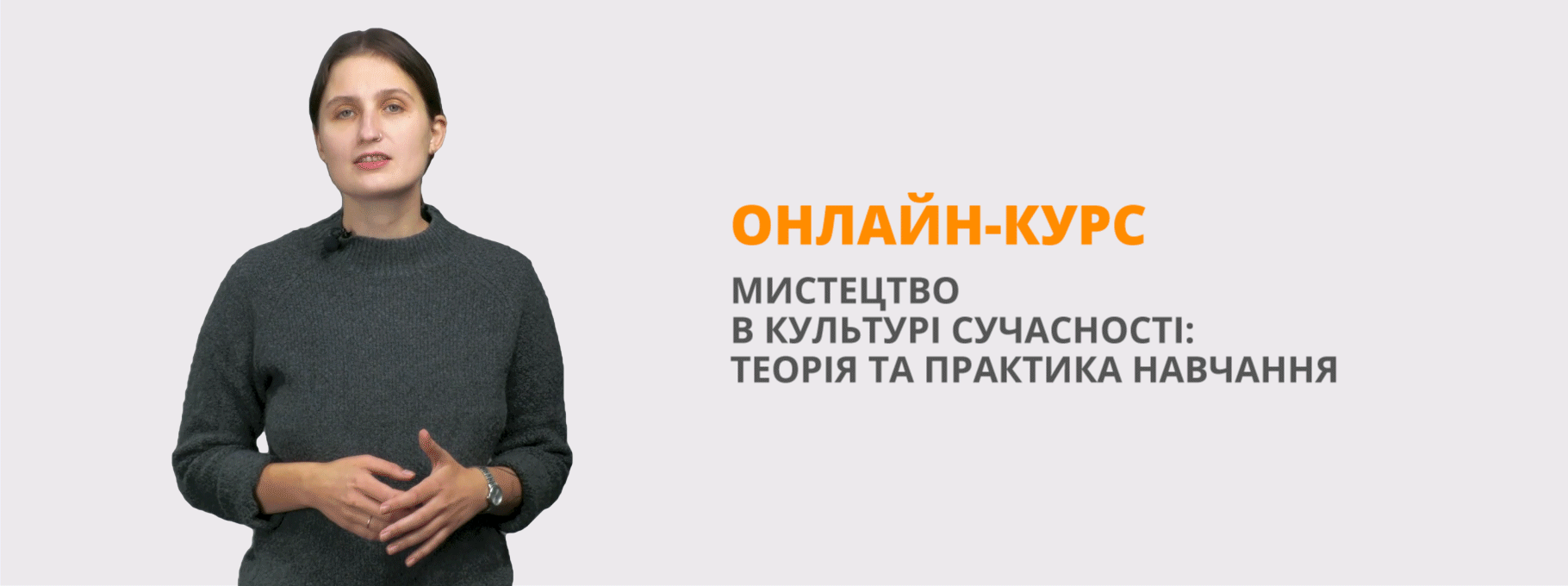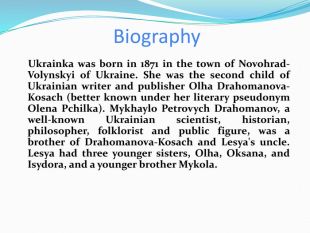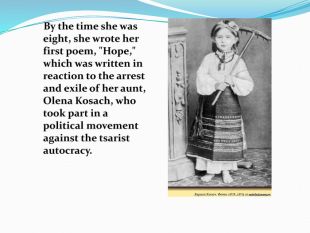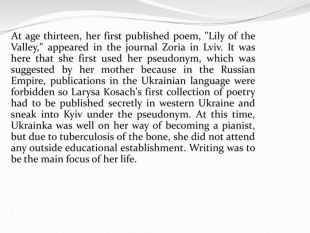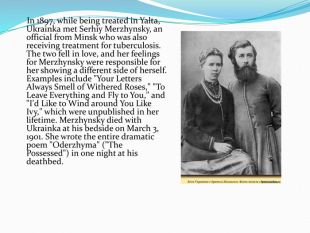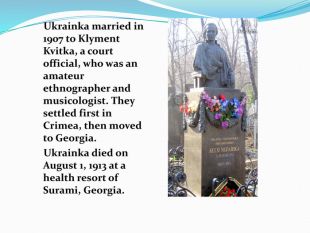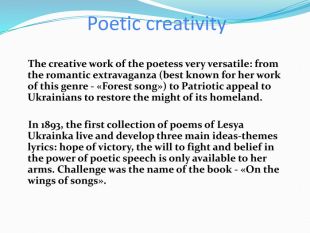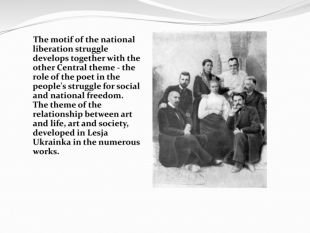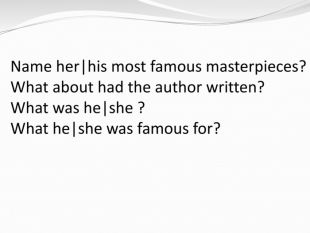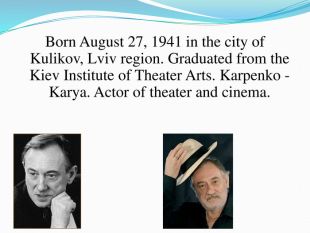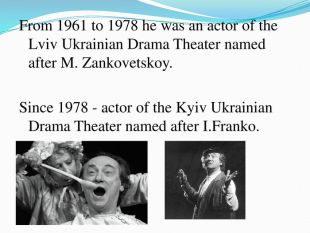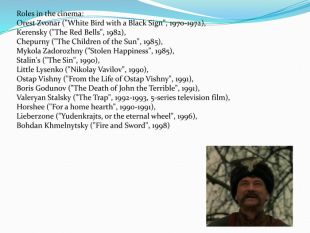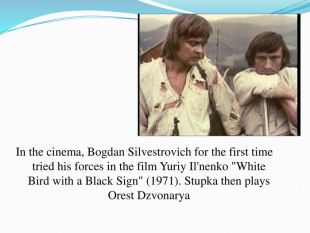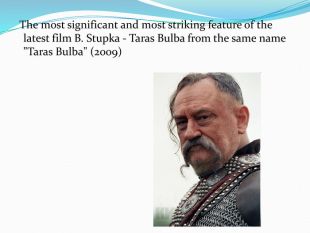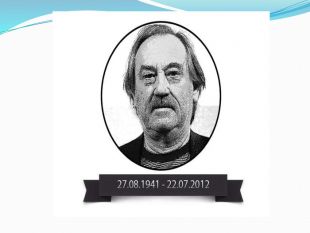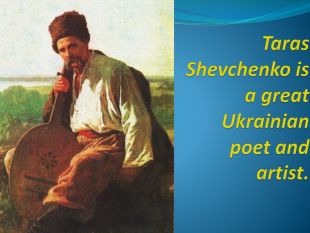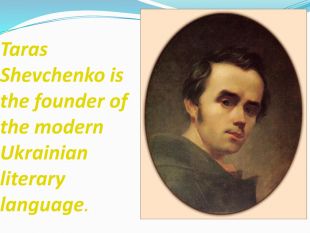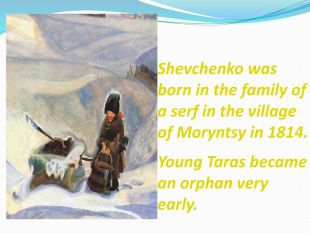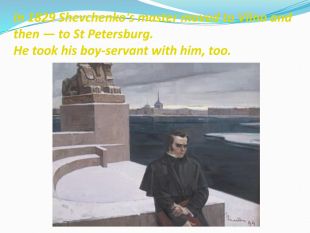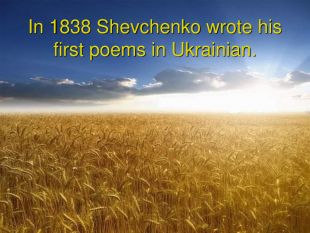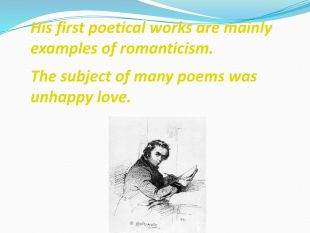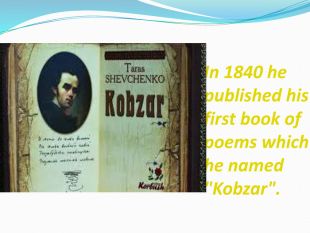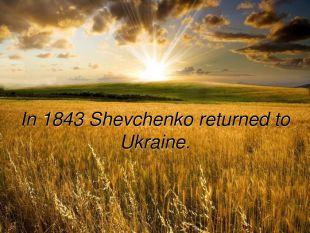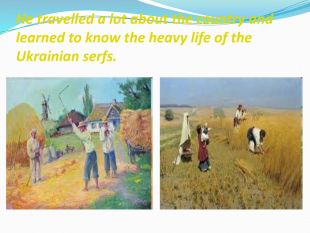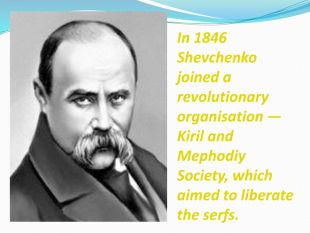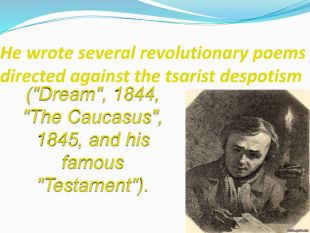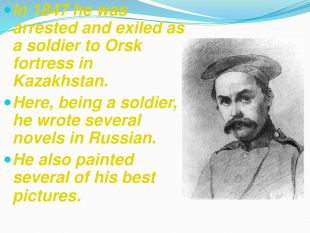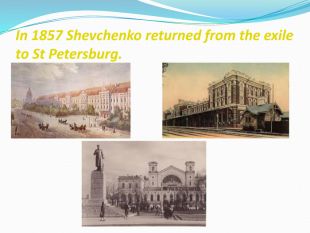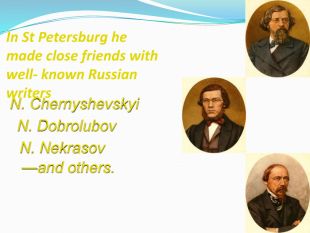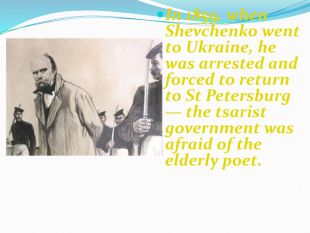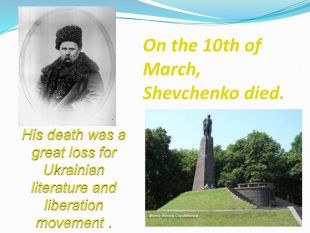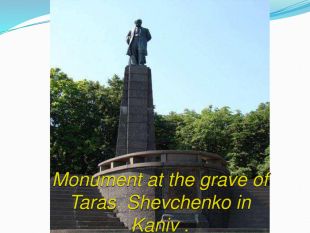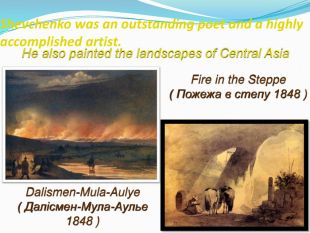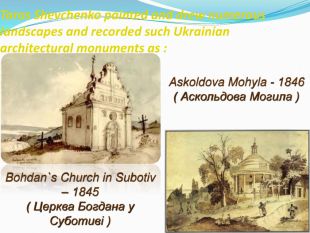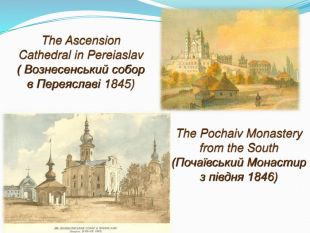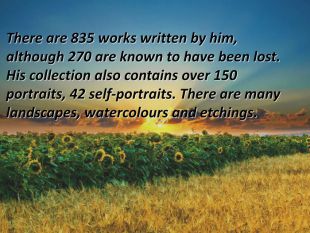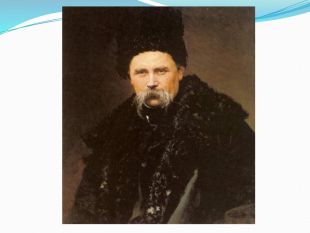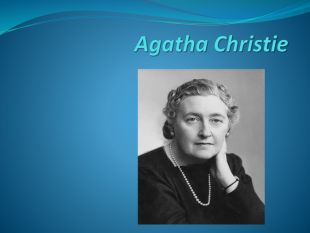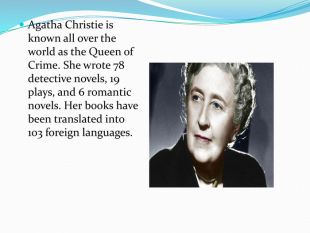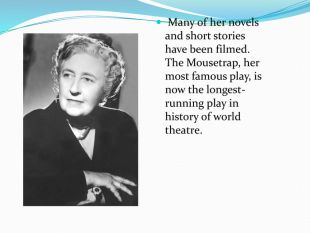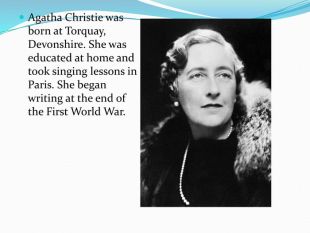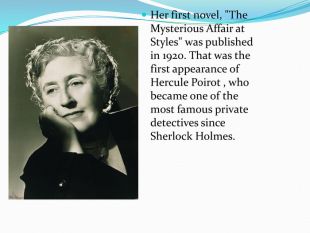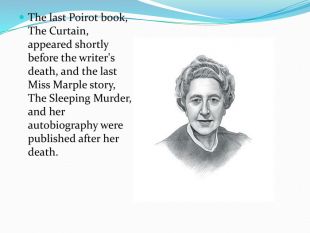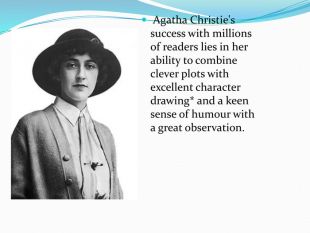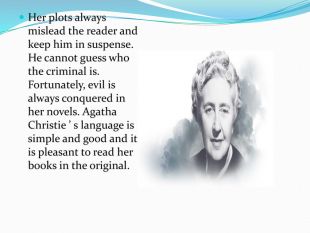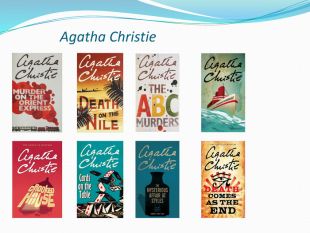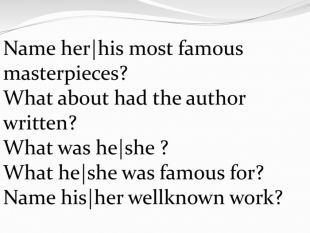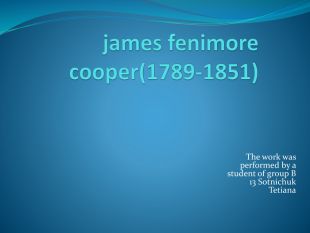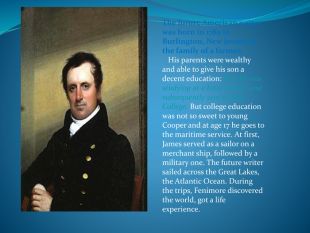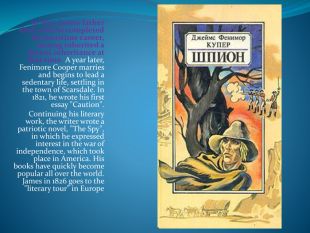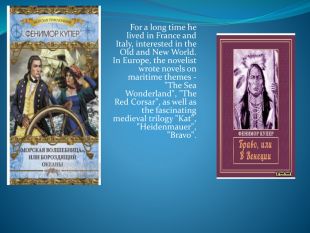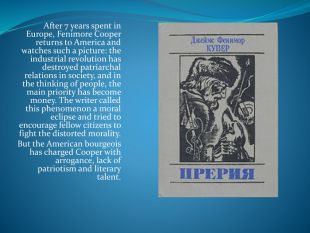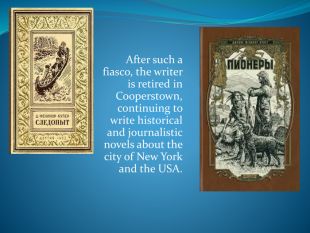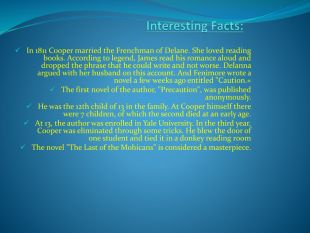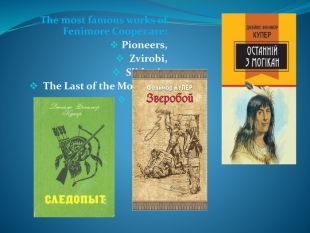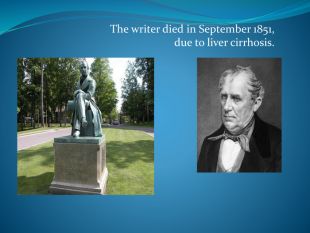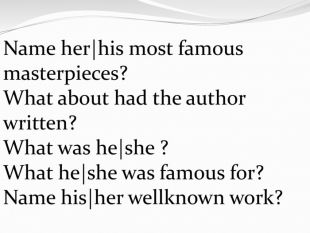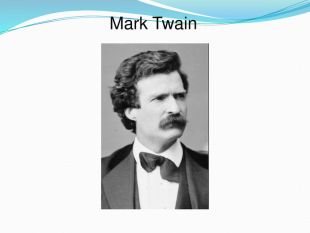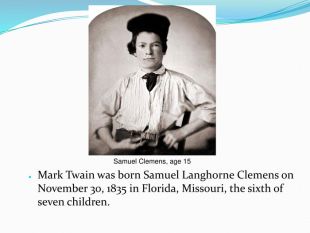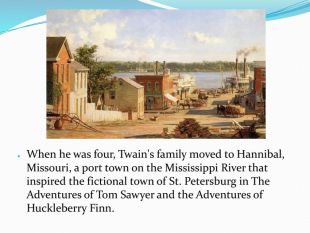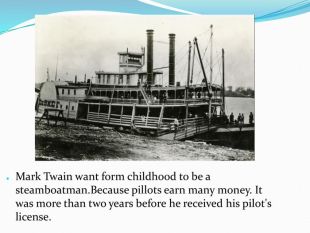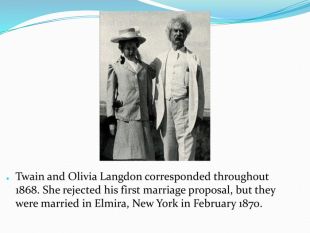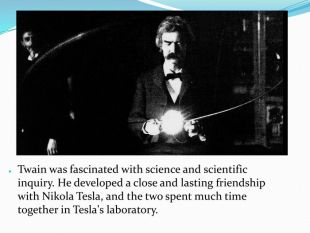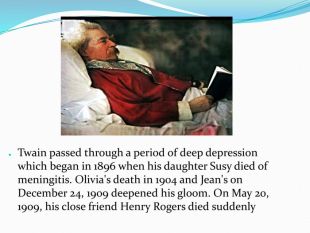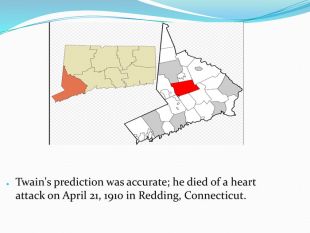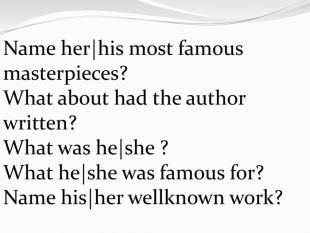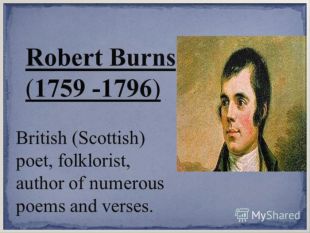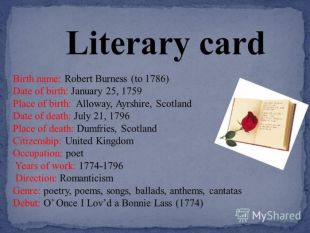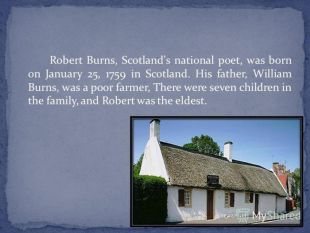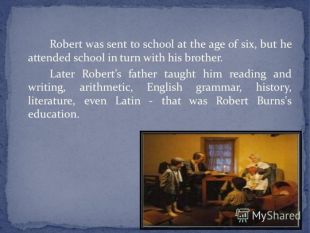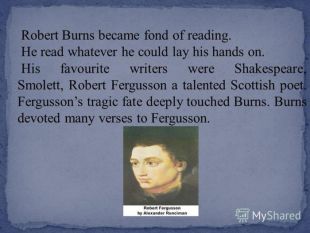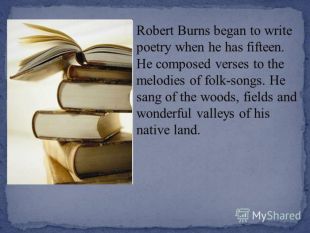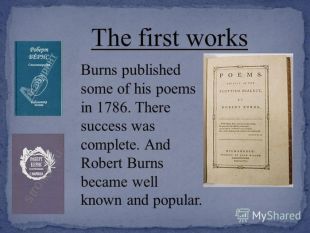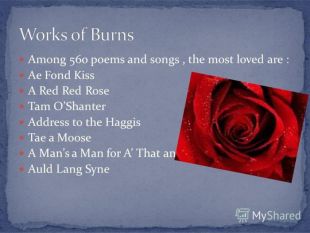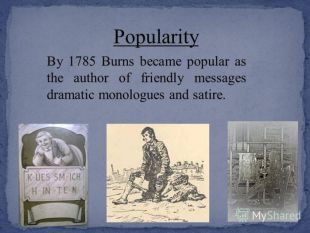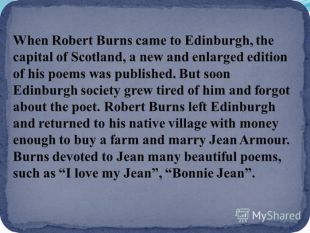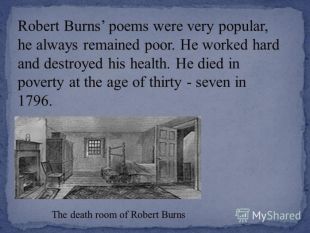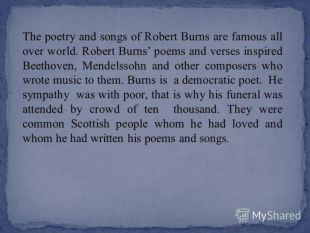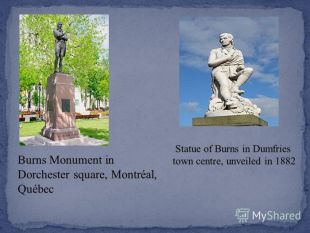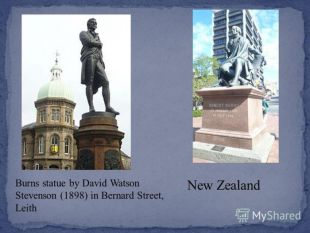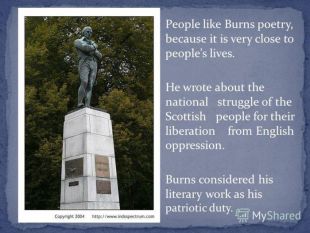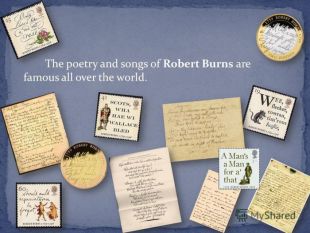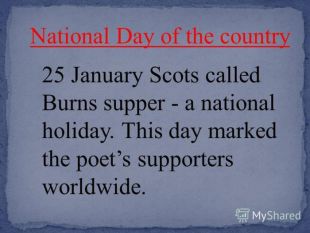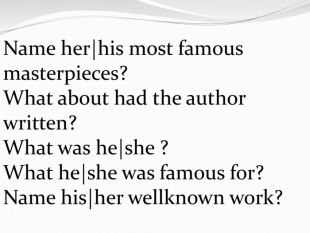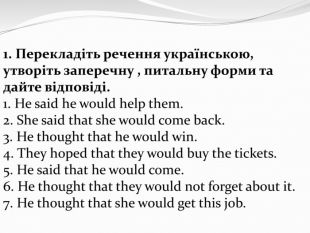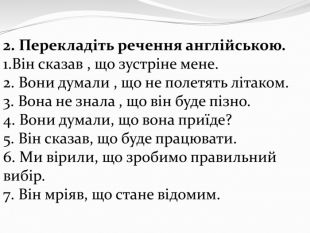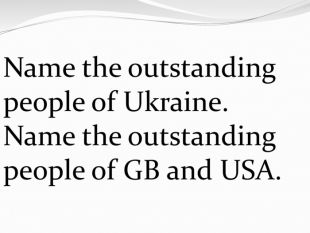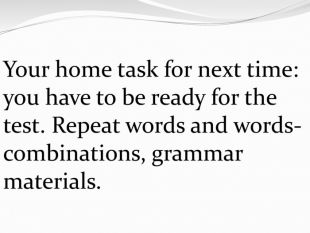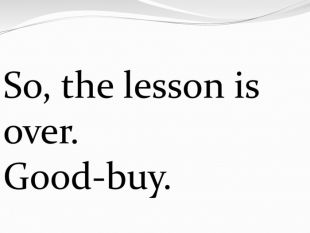Розробка відкритого заняття на тему "Видатні люди Великобританії та США"













































































































1. How do you think what the main symbol of the Women’s day?2. Do you help your mother?3. How do you help you mother?4. Do you do the washing-up?5. Do you lay the table?6. Do you water the flowers?7. Do you tidy the house?8. Do you hoover?9. Do you do washing?10. Do you cook?11. Do you feed the pets?12. Do you take out the rubbish?13. Is your mother beautiful?14. Did you lay the table yesterday?15. Did you feed your pets yesterday?
Lesya Ukrainka Larysa Petrivna Kosach-Kvitka, better known under her literary pseudonym Lesya Ukrainka was one of Ukraine's best-known poets and writers and the foremost woman writer in Ukranian literatur. She also was a political, civil, and female activist. She wrote in the most various genres: poetry, lyric poetry, epos, drama, prose, publicism. She was known due to the collections of poems «On the wings of songs» (1893), «Thoughts and dreams» (1899), «Reviews» (1902), poems the «Old fairy-tale» (1893), «One word» (1903), dramas boyar's «Wife» (1913), «Kassandra» (1903-07), «In catacombs» (1905), «Forest song» (1911) and other.
Biography Ukrainka was born in 1871 in the town of Novohrad-Volynskyi of Ukraine. She was the second child of Ukrainian writer and publisher Olha Drahomanova-Kosach (better known under her literary pseudonym Olena Pchilka). Mykhaylo Petrovych Drahomanov, a well-known Ukrainian scientist, historian, philosopher, folklorist and public figure, was a brother of Drahomanova-Kosach and Lesya's uncle. Lesya had three younger sisters, Olha, Oksana, and Isydora, and a younger brother Mykola.
Lesya was very similar to his father in appearance and character. Despite the fact about many similarities, one respect in which Lesya and her father were different is that her father had a gift for mathematics, but no gift for languages, on the contrary, Lesya had no gift for mathematics, but she knew English, German, French, Italian, Greek, Latin, Polish, Russian, Bulgarian, and her native Ukrainian.
Lesya Ukrainka learned how to read at the age of four, and she and her brother Mykhaylo could read foreign languages well enough to read literature in their original language. Ukrainka had a good familiarity with Russian, Polish, Bulgarian, Greek, Latin, French, Italian, German and English.
At age thirteen, her first published poem, "Lily of the Valley," appeared in the journal Zoria in Lviv. It was here that she first used her pseudonym, which was suggested by her mother because in the Russian Empire, publications in the Ukrainian language were forbidden so Larysa Kosach's first collection of poetry had to be published secretly in western Ukraine and sneak into Kyiv under the pseudonym. At this time, Ukrainka was well on her way of becoming a pianist, but due to tuberculosis of the bone, she did not attend any outside educational establishment. Writing was to be the main focus of her life.
Her illness made it necessary for her to travel to places where the climate was dry, and as a result, spent extended periods of time in Germany, Austria, Italy, Bulgaria, Crimea, the Caucasus, and Egypt. She loved experiencing other cultures, which was evident in many of her literary works, such as The Ancient History of Oriental Peoples, originally written for her younger siblings. The book was published in L'viv, and Ivan Franko was involved in its publication.
In 1897, while being treated in Yalta, Ukrainka met Serhiy Merzhynsky, an official from Minsk who was also receiving treatment for tuberculosis. The two fell in love, and her feelings for Merzhynsky were responsible for her showing a different side of herself. Examples include "Your Letters Always Smell of Withered Roses," "To Leave Everything and Fly to You," and "I'd Like to Wind around You Like Ivy," which were unpublished in her lifetime. Merzhynsky died with Ukrainka at his bedside on March 3, 1901. She wrote the entire dramatic poem "Oderzhyma" ("The Possessed") in one night at his deathbed.
Poetic creativity The creative work of the poetess very versatile: from the romantic extravaganza (best known for her work of this genre - «Forest song») to Patriotic appeal to Ukrainians to restore the might of its homeland. In 1893, the first collection of poems of Lesya Ukrainka live and develop three main ideas-themes lyrics: hope of victory, the will to fight and belief in the power of poetic speech is only available to her arms. Challenge was the name of the book - «On the wings of songs».
The motif of the national liberation struggle develops together with the other Central theme - the role of the poet in the people's struggle for social and national freedom. The theme of the relationship between art and life, art and society, developed in Lesja Ukrainka in the numerous works.
CONTRA SPEM SPERO!*Без надії сподіваюсь (лат.)Гетьте, думи, ви хмари осінні! Тож тепера весна золота! Чи то так у жалю, в голосінні, Проминуть молодії літа?Ні, я хочу крізь сльози сміятись, Серед лиха співати пісні, Без надії таки сподіватись, Жити хочу! Геть думи сумні!Я на вбогім сумнім перелозі Буду сіять барвисті квітки, Буду сіять квітки на морозі, Буду лить на них сльози гіркі.І від сліз тих гарячих розтане Та кора льодовая, міцна, Може, квіти зійдуть, і настане Ще я для мене весела весна. Я на гору круту крем'яную Буду камінь важкий підіймать, І, несучи вагу ту страшную, Буду пісню веселу співать. В довгу, темную нічку невидну, Не стулю ні на хвильку очей, Все шукатиму зірку провідну, Ясну владарку темних ночей. Я не дам свому серденьку спати, Хоч кругом буде тьма та нудьга, Хоч я буду сама почувати, Що на груди вже смерть наляга. Смерть наляже на груд важенько, Сніг застеле сувора імла, Але дуже заб'ється серденько, —Може, лютую смерть подола. Так, я буду крізь сльози сміятись, Серед лиха співати пісні, Без надії таки сподіватись, Жити буду! Геть думи сумні!2 травня 1890 р..
The poem Lesya Ukrainka Contra spem spero one of the best not only in the creative work of the poetess, but also world literature. This kind of program writer, her credo. Though linked this poetry with the personal circumstances of Lesya Ukrainka, her illness, she inspired millions of readers, gives them the power of the spirit and power. Poetess using metaphors «I wbgm sad perelaz will sow colorful flower» speaks of his desire to serve the people, to be useful to him. It is ready to the steep mountain, cram anou» «the heavy stone pdiet», «through tears to laugh» and «without hope to hope.»The main idea of the poem is the addition of spirit and hope of life after the black stripe is white. She says that if we believe in good, even when there is no belief, the world is changing for the better and all troubles will be easier to survive, to find when the last drop of hope. Lyrical hero is the author himself. Main - man, who wants to live happily and tries to ignore all the misfortune that had fallen on her shoulders. In the work of the lyrical hero can attonito with Lesja Ukrainka.
Roles in the cinema: Orest Zvonar ("White Bird with a Black Sign", 1970-1972),Kerensky ("The Red Bells", 1982),Chepurny ("The Children of the Sun", 1985),Mykola Zadorozhny ("Stolen Happiness", 1985),Stalin's ("The Sin", 1990),Little Lysenko ("Nikolay Vavilov", 1990),Ostap Vishny ("From the Life of Ostap Vishny", 1991),Boris Godunov ("The Death of John the Terrible", 1991),Valeryan Stalsky ("The Trap", 1992-1993, 5-series television film),Horshee ("For a home hearth", 1990-1991),Lieberzone ("Yudenkrajts, or the eternal wheel", 1996),Bohdan Khmelnytsky ("Fire and Sword", 1998)
The future American writer was born in 1789 in Burlington, New Jersey, in the family of a farmer. His parents were wealthy and able to give his son a decent education: first he was studying at a local school, and subsequently sent to Yale College. But college education was not so sweet to young Cooper and at age 17 he goes to the maritime service. At first, James served as a sailor on a merchant ship, followed by a military one. The future writer sailed across the Great Lakes, the Atlantic Ocean. During the trips, Fenimore discovered the world, got a life experience.
Іn 1810, James father died, and he completed his maritime career, having inherited a decent inheritance at that time. A year later, Fenimore Cooper marries and begins to lead a sedentary life, settling in the town of Scarsdale. In 1821, he wrote his first essay "Caution". Continuing his literary work, the writer wrote a patriotic novel, "The Spy", in which he expressed interest in the war of independence, which took place in America. His books have quickly become popular all over the world. James in 1826 goes to the "literary tour" in Europe
After 7 years spent in Europe, Fenimore Cooper returns to America and watches such a picture: the industrial revolution has destroyed patriarchal relations in society, and in the thinking of people, the main priority has become money. The writer called this phenomenon a moral eclipse and tried to encourage fellow citizens to fight the distorted morality. But the American bourgeois has charged Cooper with arrogance, lack of patriotism and literary talent.
Interesting Facts: In 1811 Cooper married the Frenchman of Delane. She loved reading books. According to legend, James read his romance aloud and dropped the phrase that he could write and not worse. Delanna argued with her husband on this account. And Fenimore wrote a novel a few weeks ago entitled "Caution.«The first novel of the author, "Precaution", was published anonymously. He was the 12th child of 13 in the family. At Cooper himself there were 7 children, of which the second died at an early age. At 13, the author was enrolled in Yale University. In the third year, Cooper was eliminated through some tricks. He blew the door of one student and tied it in a donkey reading room. The novel "The Last of the Mohicans" is considered a masterpiece.
1. Перекладіть речення українською, утворіть заперечну , питальну форми та дайте відповіді.1. He said he would help them.2. She said that she would come back.3. He thought that he would win.4. They hoped that they would buy the tickets.5. He said that he would come.6. He thought that they would not forget about it.7. He thought that she would get this job.
2. Перекладіть речення англійською.1. Він сказав , що зустріне мене. 2. Вони думали , що не полетять літаком.3. Вона не знала , що він буде пізно.4. Вони думали, що вона приїде?5. Він сказав, що буде працювати.6. Ми вірили, що зробимо правильний вибір.7. Він мріяв, що стане відомим.

про публікацію авторської розробки
Додати розробку
